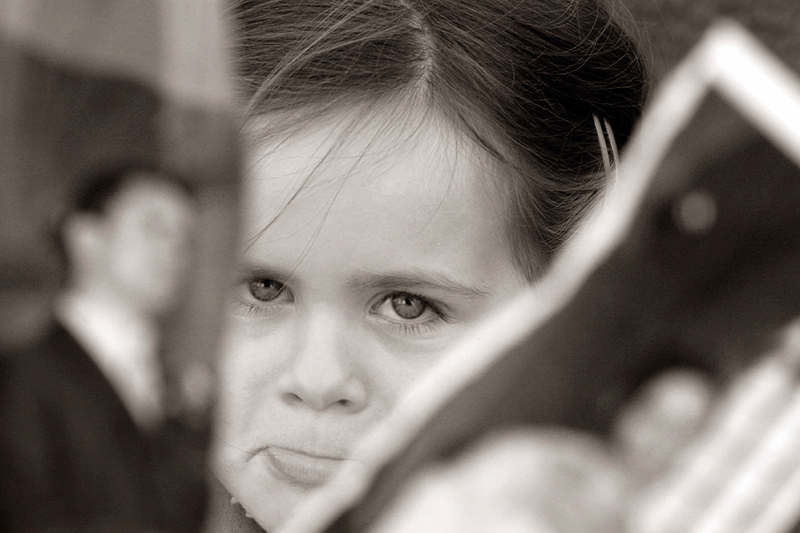
Jonathan Herring explains how divorce settlements can be unequal but fair
Ever since the House of Lords’ decision in White v White [2000] UKHL 54, [2001] 1 All ER 1, divorce lawyers have become familiar with the principle of equality. Because each party to a marriage has made an equal contribution to the relationship, whether that be economically or in terms of childcare or otherwise, there should be an equal division of the money generated during the marriage, unless there is a good reason not to do so.
Principles
Good lawyers will quickly point out that there are other principles at play too: the principle of meeting needs and of ensuring compensation for losses generated by the marriage. These must be put alongside the principle of equality (Miller v Miller; McFarlane v McFarlane [2006] UKHL 24, [2006] 3 All ER 1). They will also emphasise that in White v White the House of Lords was absolutely clear that there was no strict rule that there should be an equal









